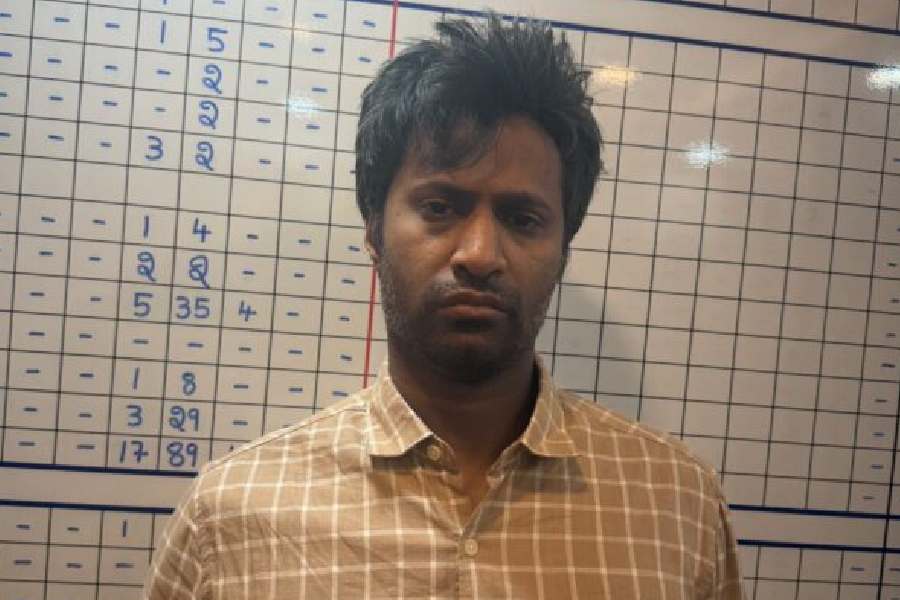India on Wednesday continued with its non-committal stand on sending Bangladesh’s ousted Prime Minister Sheikh Hasina back home while confirming the receipt of an official request from Dhaka for her extradition.
Last week, the International Crimes Tribunal (ICT) of Bangladesh sentenced Hasina to death for her administration’s crackdown on student protests in July-August 2024.
Asked about the extradition request and India’s response at the weekly briefing, external affairs ministry spokesman Randhir Jaiswal said: “The request is being examined as part of ongoing judicial and internal legal processes. We remain committed to the best interests of the people of Bangladesh, including peace, democracy, inclusion and stability in that country, and will continue to engage constructively in this regard with all stakeholders.”
His response was no different from the one the ministry put out on the day Hasina was sentenced to death after the Bangladesh foreign ministry used the ICT verdict to demand her return by India in a public post on social media. The formal extradition request came almost a week later.
This is not the first time Dhaka has requested Hasina’s extradition since August 2024. India ignored the earlier request and, by all indications, is likely to continue to do the same this time too, particularly since the ruling dispensation is an interim caretaker government.
The emphasis on democracy and inclusion in the two statements that India has made since the verdict iterates New Delhi’s position that Hasina’s Awami League — banned earlier this year by the Mohammad Yunus-led interim government under the Anti-Terrorism Act — has a right to participate in next year’s elections.
Sentencing Hasina to death at this juncture is being viewed in India as an attempt by the Yunus establishment to neutralise the Awami League ahead of the elections.











